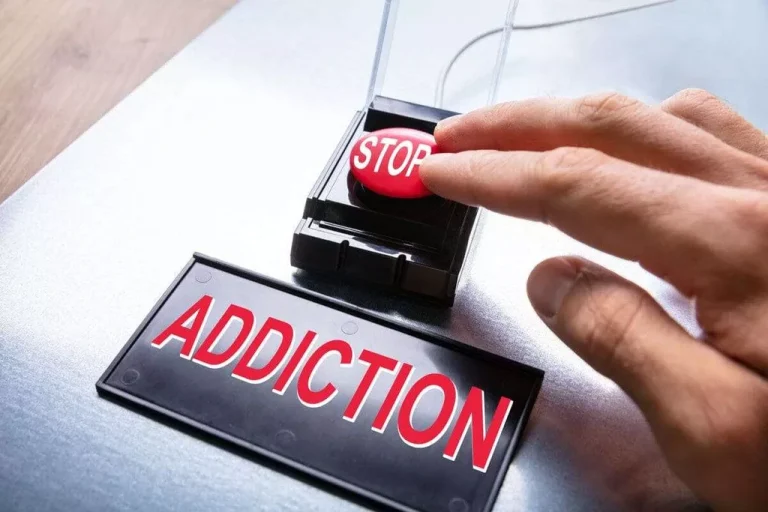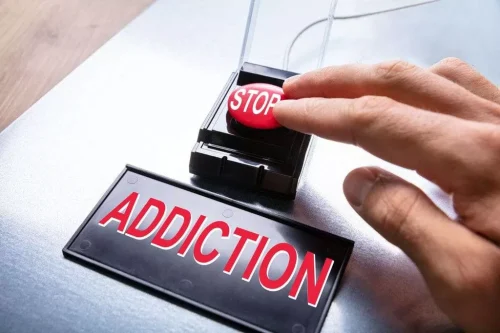Should You Drink Alcohol If You Have High Blood Pressure?

Differences among results from human studies may relate to small sample sizes, duration of drinking, and degree of myocardial dysfunction. In the Miró study, alcohol drinkers also had been receiving pharmacologic treatments such as beta-adrenergic blocking agents that reduce blood pressure and also may have antioxidant effects. Other researchers have used genetic approaches (i.e., transgenic animals) to prevent ethanol-induced oxidative stress.
- It is important to note that, unlike other studies with more discrete alcohol consumption categories, alcohol use was nonspecifically defined in INTERHEART as the consumption of at least 1 alcoholic beverage within the previous 12 months (Leong et al. 2014).
- We are also moderately certain that high‐dose alcohol decreased blood pressure within six hours, and the effect lasted up to 12 hours.
- Each woman was given either no alcohol or 15 g of alcohol (1 standard drink) with either a low-carbohydrate or a high-carbohydrate, high-fat meal.
- High levels of triglycerides in the blood have therefore been linked to atherosclerosis, heart disease, and stroke.
- Your drink or mixer may also have added sugars, increasing the number of calories it contains.
National Institute on Alcohol Abuse and Alcoholism (NIAAA)
Risk factors for high blood pressure include smoking, eating a diet high in sodium, and low physical activity levels. However, current recommendations like those from the Centers for Disease Control and Prevention (CDC) focus on limiting alcohol to one drink a day for women and two drinks a day for men. Drinking alcohol to excess can cause other serious health conditions, such as cardiomyopathy (where the heart muscle is damaged and can’t work as efficiently as it used to) and arrhythmias (abnormal heart rhythms). The short-term effects of alcohol (headache, nausea, you know the rest) are easy to pinpoint. But there are ways that alcohol affects your body over time that are important to understand.
- Many factors can increase someone’s risk for high blood pressure, also known as hypertension.
- For example, certain levels of alcohol consumption that lower risk for CHD may increase it for other CV conditions, such as stroke.
- Alcohol consumption increases the amount of calcium that binds to the blood vessels.
New Methods for Analyzing Alcohol Consumption and Stroke-Related Outcomes
- Different levels of daily wine consumption (i.e., sometimes, 1 to 2 glasses/day, and ≥3 glasses/day) had no effect on fatal or nonfatal outcomes (e.g., hospitalization for a CV event).
- Subjects who drank wine more often, however, were less likely to have symptoms of depression and more likely to have a better perception of health status.
- Alcohol consumption is categorized into different levels based on the amount consumed.
- Drinking alcohol to excess can cause other serious health conditions, such as cardiomyopathy (where the heart muscle is damaged and can’t work as efficiently as it used to) and arrhythmias (abnormal heart rhythms).
Common findings in alcohol studies from the 1970s and early 1980s included decreases in mitochondrial indices that reflected mitochondrial state III respiration, or ADP-stimulated respiration (Pachinger et al. 1973; Segel et al. 1981; Williams and Li 1977). In cardiomyocyte mitochondria as well as other mitochondrial types, such imbalances could lead to further decreases in cellular respiration and oxidative phosphorylation. Altered platelet responses (e.g., increased platelet activation/aggregation) leads to blood-clot formation (or thrombosis) in certain CV conditions. Anticlotting therapies are therefore the cornerstone of managing acute coronary syndromes. Not surprisingly, alcohol consumption https://ecosoberhouse.com/article/diabetes-and-alcohol-can-diabetics-get-drunk/ has complex and varying effects on platelet function. On the other hand, significant daily alcohol consumption increases platelet aggregation and reactivity.

Alcohol Consumption: Categories, Measurement, and Patterns
This measurement takes into account the systolic blood pressure and the diastolic blood pressure. Alcohol also causes damage to the liver over time, especially if you drink too much. If you drink every day, or almost every day, you how does alcohol affect blood pressure might notice that you catch colds, flu or other illnesses more frequently than people who don’t drink. That’s because alcohol can weaken your immune system, slow healing and make your body more susceptible to infection. Your body breaks alcohol down into a chemical called acetaldehyde, which damages your DNA.

© 2024 Harvard Health Publishing® of The President and Fellows of Harvard College
In addition, data from studies using new research methods, including Mendelian randomization, suggest that the relationship between low-to-moderate alcohol consumption and cardioprotection merits more critical appraisal (Holmes et al. 2014). Vascular wall oxidative stress also is a key mechanism in ethanol-induced HTN. Oxidative stress is an imbalance between production of free radicals and the body’s ability to detoxify or fight off their harmful effects through neutralization by antioxidants. Various studies with animals and humans indicate that ethanol can increase the development of reactive oxygen species (ROS), leading to increases in redox-signaling pathways and decreases in protective antioxidant levels. Alcohol also can increase levels of co-enzymes or reducing equivalents (e.g., reduced nicotinamide adenine dinucleotide phosphate NADPH), which lead to increases in ROS formation and decreases in eNOS activity (Ceron et al. 2014).

Alcohol Consumption and Total Stroke Incidence and Prevalence

However, even drinking small amounts of alcohol may contribute to high blood pressure. Drinking more than one or two drinks in a sitting has been directly linked to a rapid rise in blood pressure, which in someone with very high levels of hypertension can lead to stroke. When the SNS gets activated by alcohol, it can increase heart rates and constrict blood vessels. Prolonged activation of the SNS can contribute to health issues like high blood pressure. If you already have high blood pressure, your doctor may have advised you to drink alcohol in moderation and cut back on your overall alcohol intake.
Several excellent reviews offer more detailed assessments of vascular cellular mechanisms (Cahill and Redmond 2012; Husain et al. 2014; Marchi et al. 2014; Toda and Ayajiki 2010). 3Greenfield and colleagues (2005) studied the effects of alcohol at meal time in a group of nonsmoking, healthy postmenopausal women. Each woman was given either no alcohol or 15 g of alcohol (1 standard drink) with either a low-carbohydrate or a high-carbohydrate, high-fat meal. The women’s metabolic measurements were then taken over the next 6 hours. The researchers found that the alcohol-drinking subjects (particularly those who were insulin sensitive) had higher insulin levels and a slower rise in glucose levels after a low-carb meal. They recommended confirming these results in younger women and in men, particularly since their subjects had been older women, who have more significant cardiovascular risk.